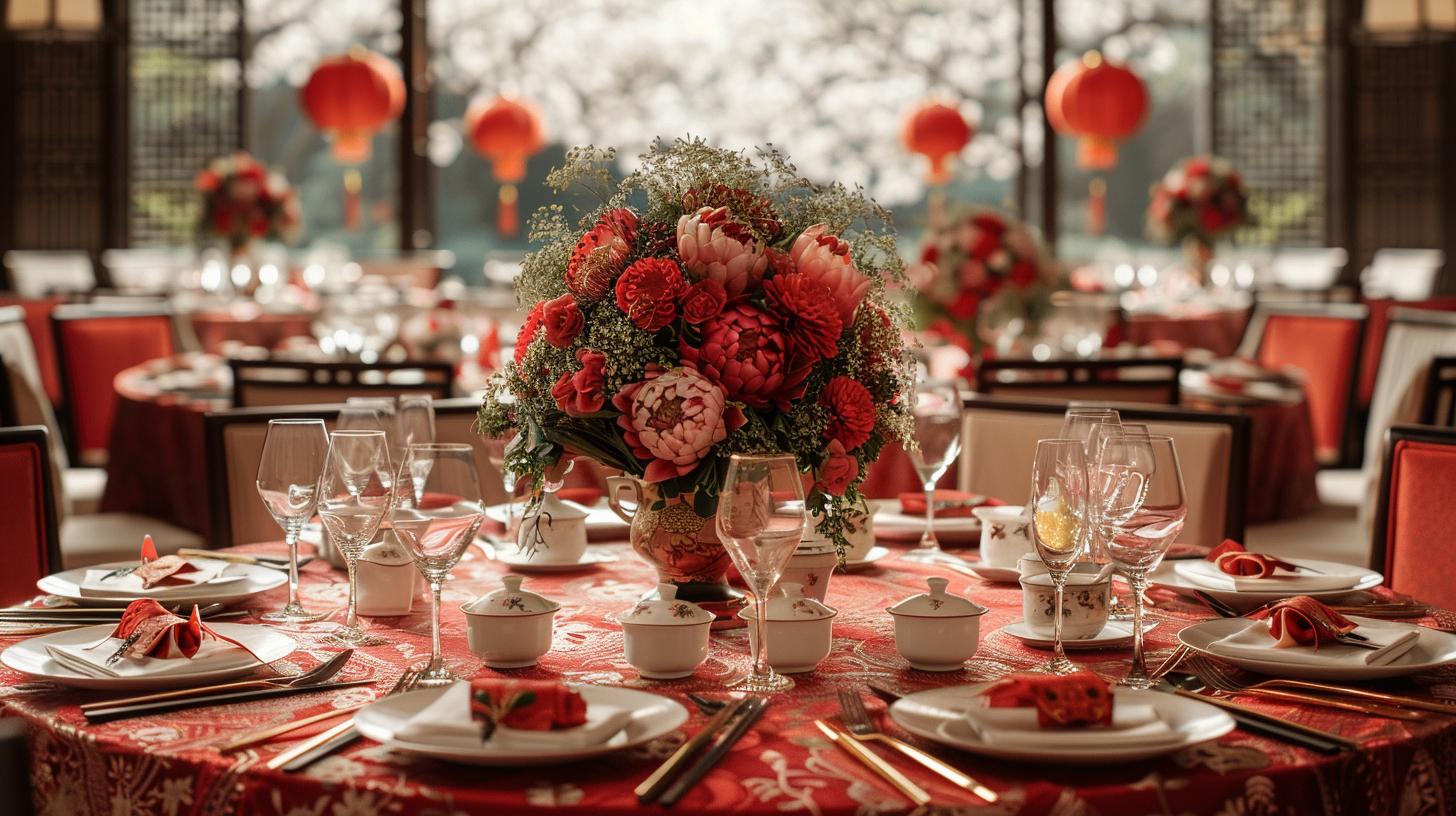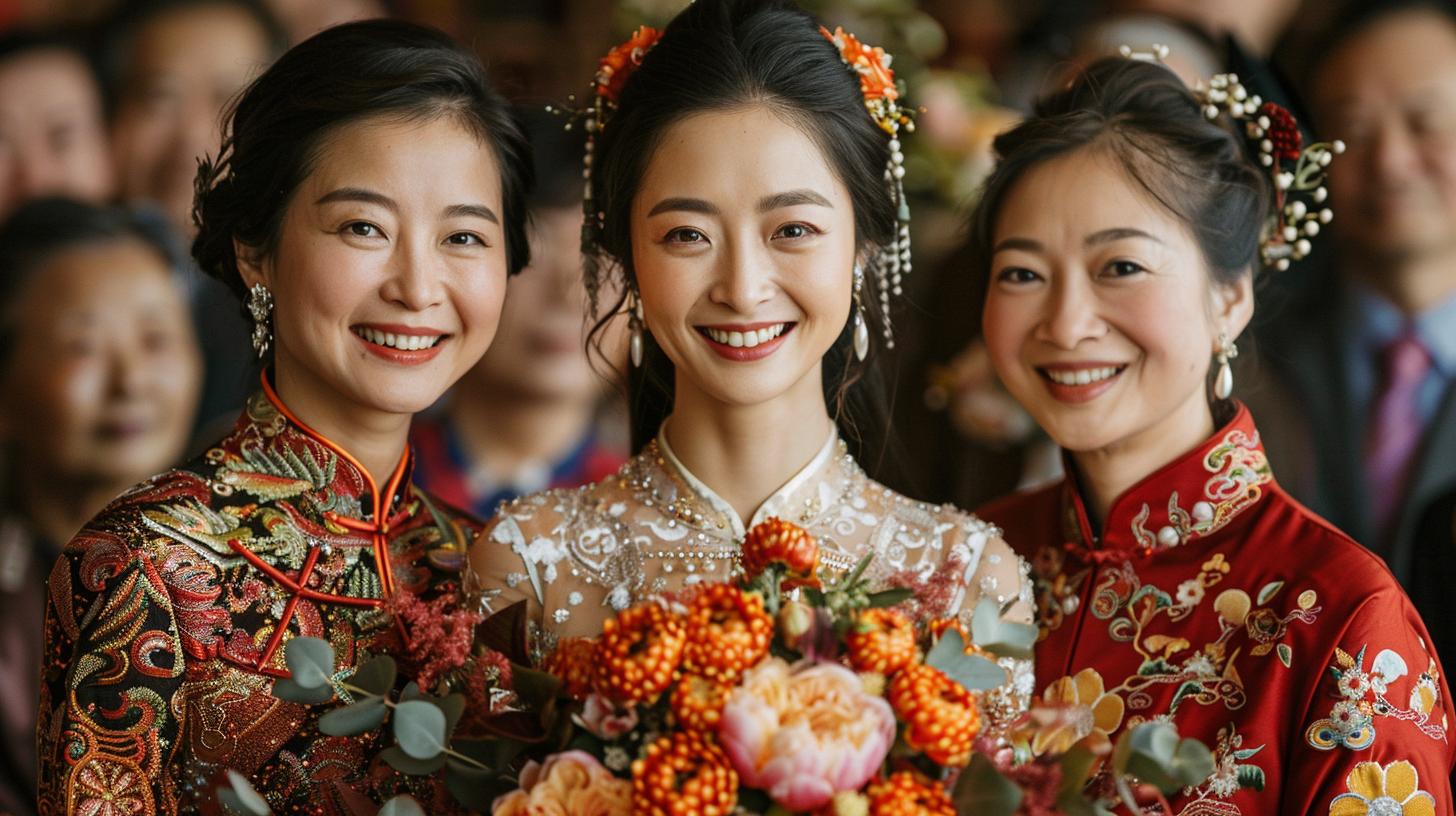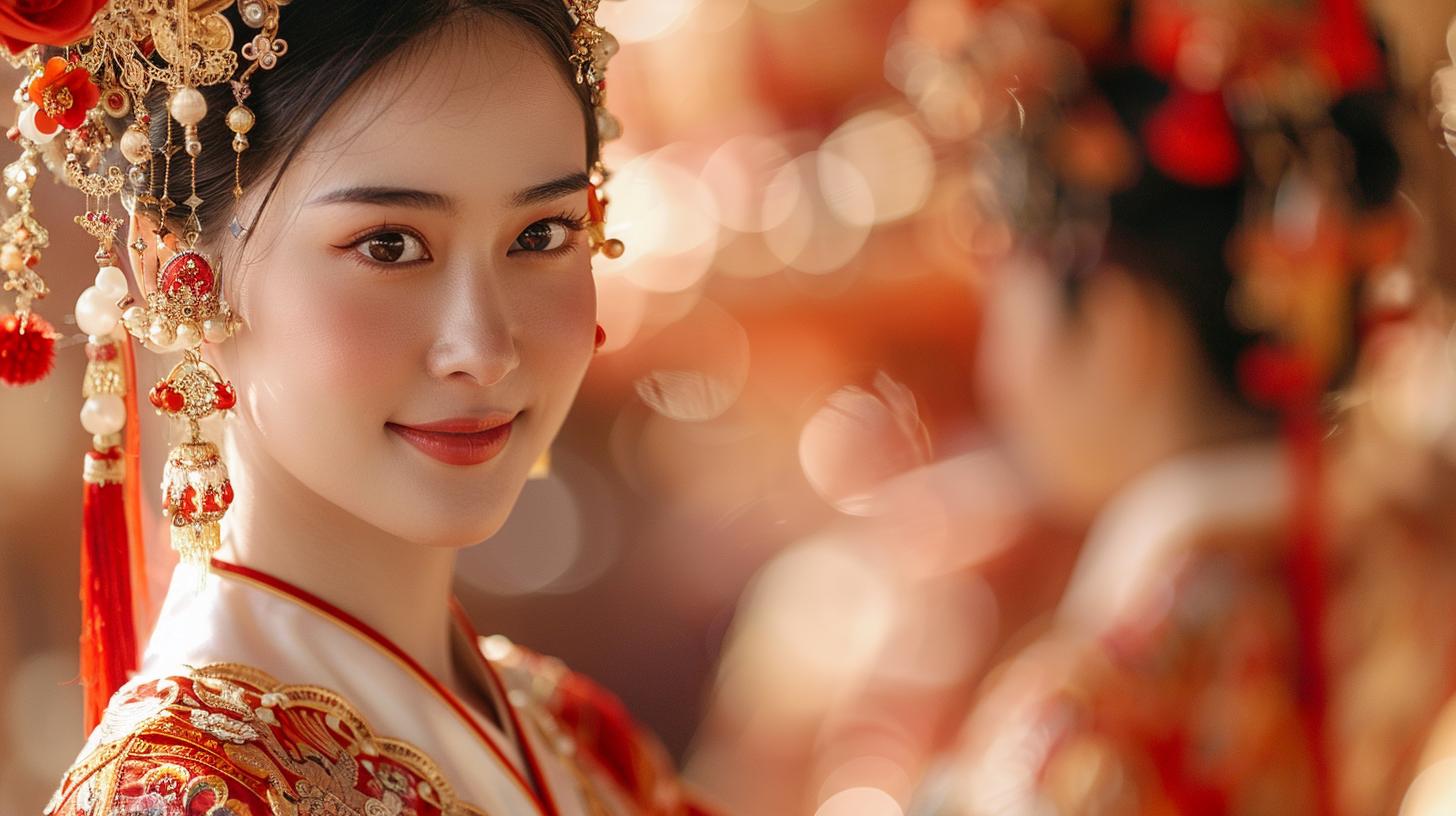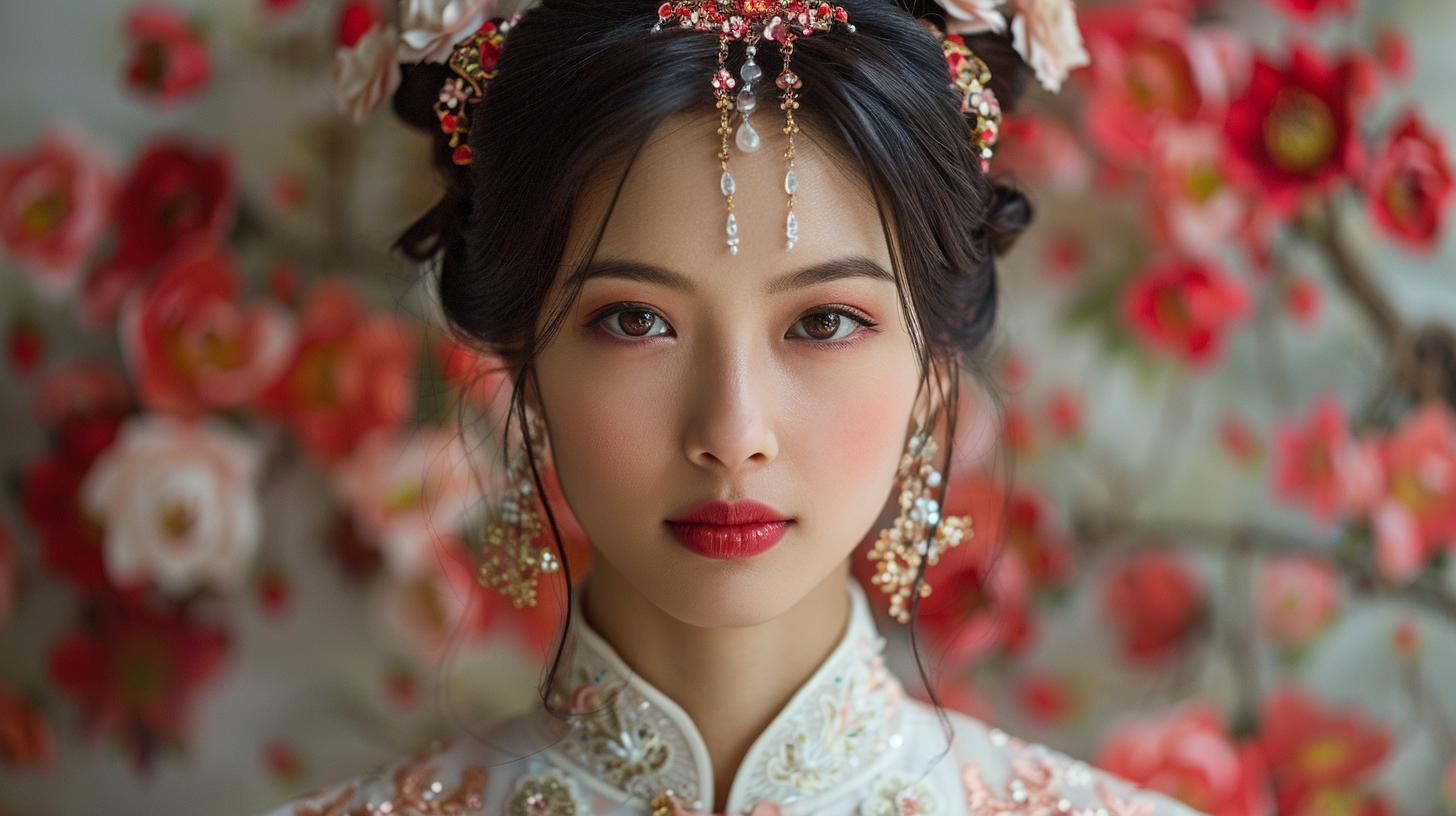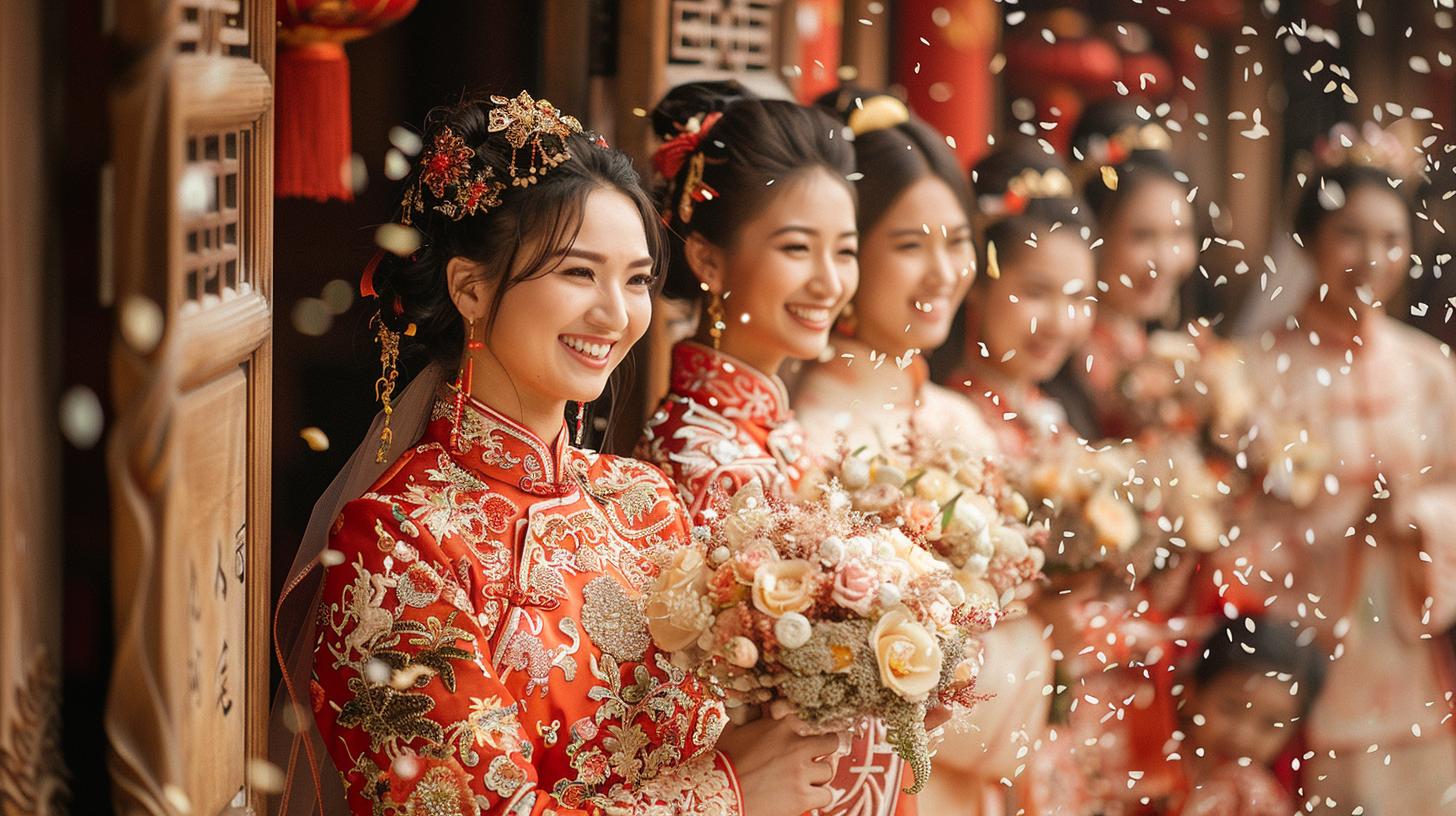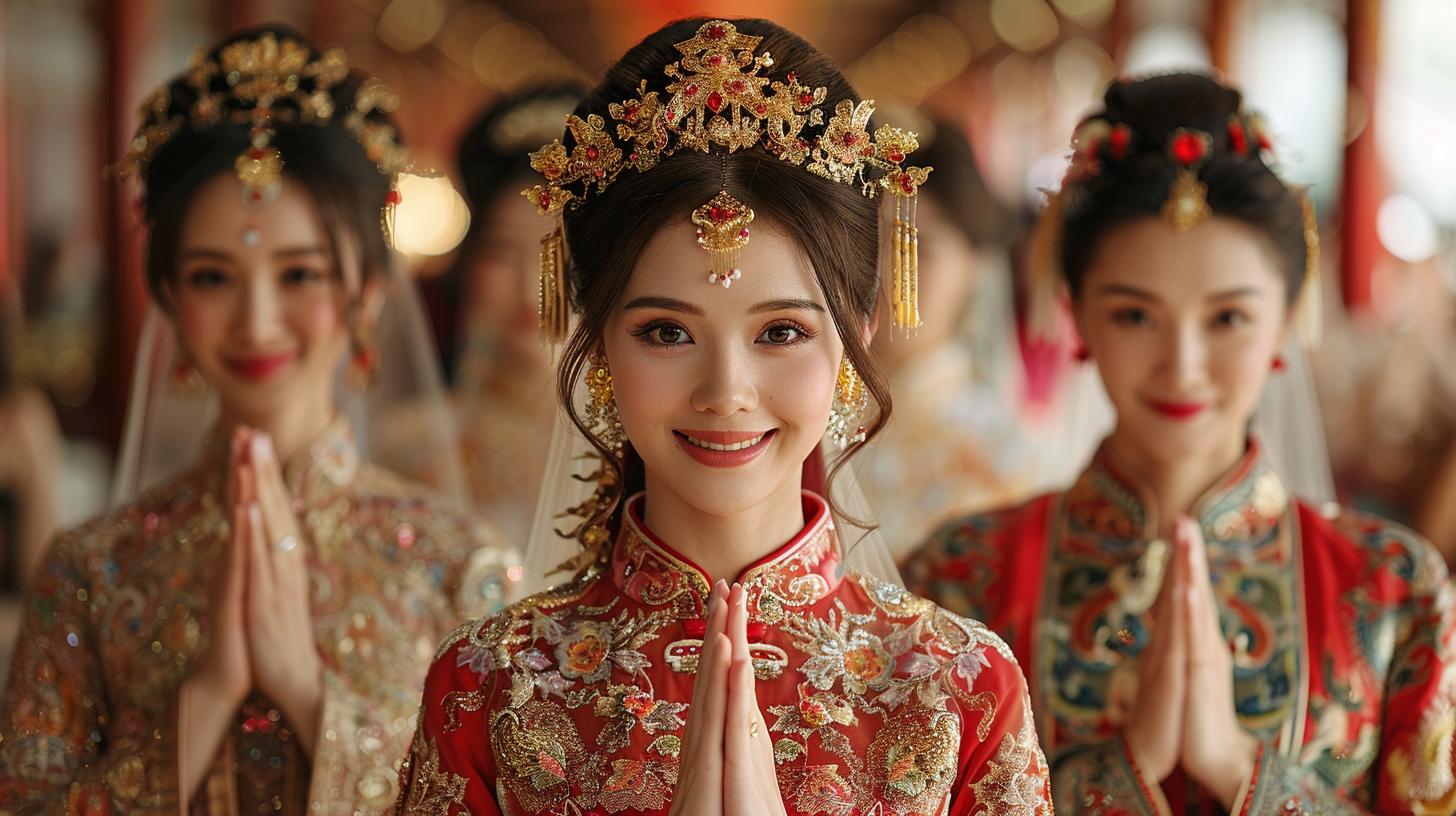What Is Chinese Wedding Tea Ceremony: A Symbolic Tradition in Chinese Weddings
The Chinese Wedding Tea Ceremony is a significant tradition in Chinese weddings, dating back to the Tang dynasty. It involves the couple serving tea to their parents and family members to signify the union of two families.
The ceremony includes symbolic elements such as candles, flowers, and red envelopes with gifts. The ritual embodies respect, gratitude, and ancestral traditions in Chinese culture.
The Tradition of Chinese Wedding Tea Ceremony
The Chinese Wedding Tea Ceremony is a deeply rooted tradition in Chinese culture, symbolizing respect and gratitude towards family members.
This ritual, dating back to the Tang dynasty, holds significant meaning for the couple and their families.
Origins and History
The origins of the Chinese Wedding Tea Ceremony can be traced back to the Tang dynasty in China. It has been a longstanding tradition for couples to honor and show respect to their elders through the symbolic act of serving tea.
Symbolism and Significance
The act of serving tea during the wedding ceremony is more than just a gesture; it represents the union of two families and the mutual respect between generations. The ceremonial aspects, such as the order of service and the use of symbolic elements, add depth and meaning to this tradition.
The Ritual of Chinese Wedding Tea Ceremony
The Chinese Wedding Tea Ceremony is a traditional ritual that holds great symbolic significance. This sacred ceremony involves various elements and steps that are essential to its proper execution.
Preparation and Setup
- Before the ceremony begins, meticulous preparation and setup are required to ensure everything runs smoothly.
- The tea set, including the teapot, tea cups, and other necessary items, is carefully arranged and displayed in an auspicious manner.
- Special attention is given to the selection of teas, which are often chosen for their symbolic meanings and the wishes they carry for the couple.
Order of Service
During the ceremony, there is a specific order of service that must be followed to uphold tradition and show proper respect.
Serving the Parents
- The couple starts by serving tea to their parents as a gesture of gratitude and respect for their love and support.
- This act symbolizes the couple’s appreciation for their parents and the acknowledgment of their roles in shaping their lives.
Involvement of Other Family Members
- After serving their parents, the couple may also serve tea to other family members, such as grandparents, siblings, aunts, and uncles.
- This inclusive gesture reinforces the importance of family ties and unity in Chinese culture.
Symbolic Elements Used
Throughout the ceremony, various symbolic elements are incorporated to enhance its meaning and significance.
Candles, Flowers, and Fruits
- Candles symbolize light and warmth, representing the couple’s bright future together.
- Flowers, particularly white blooms, symbolize purity, harmony, and new beginnings in the couple’s life.
- Fruits like longan are often included to symbolize fertility, prosperity, and a bountiful future for the couple.
Red Envelopes and Gifts
- Red envelopes filled with money or jewelry are traditionally given to the couple as a symbol of good luck, prosperity, and blessings for their marriage.
- These gifts convey the well wishes and support of family and loved ones for the couple’s future happiness.
Cultural Values and Meaning
The Chinese Wedding Tea Ceremony is deeply rooted in cultural values and traditions that hold significant meaning in Chinese culture.
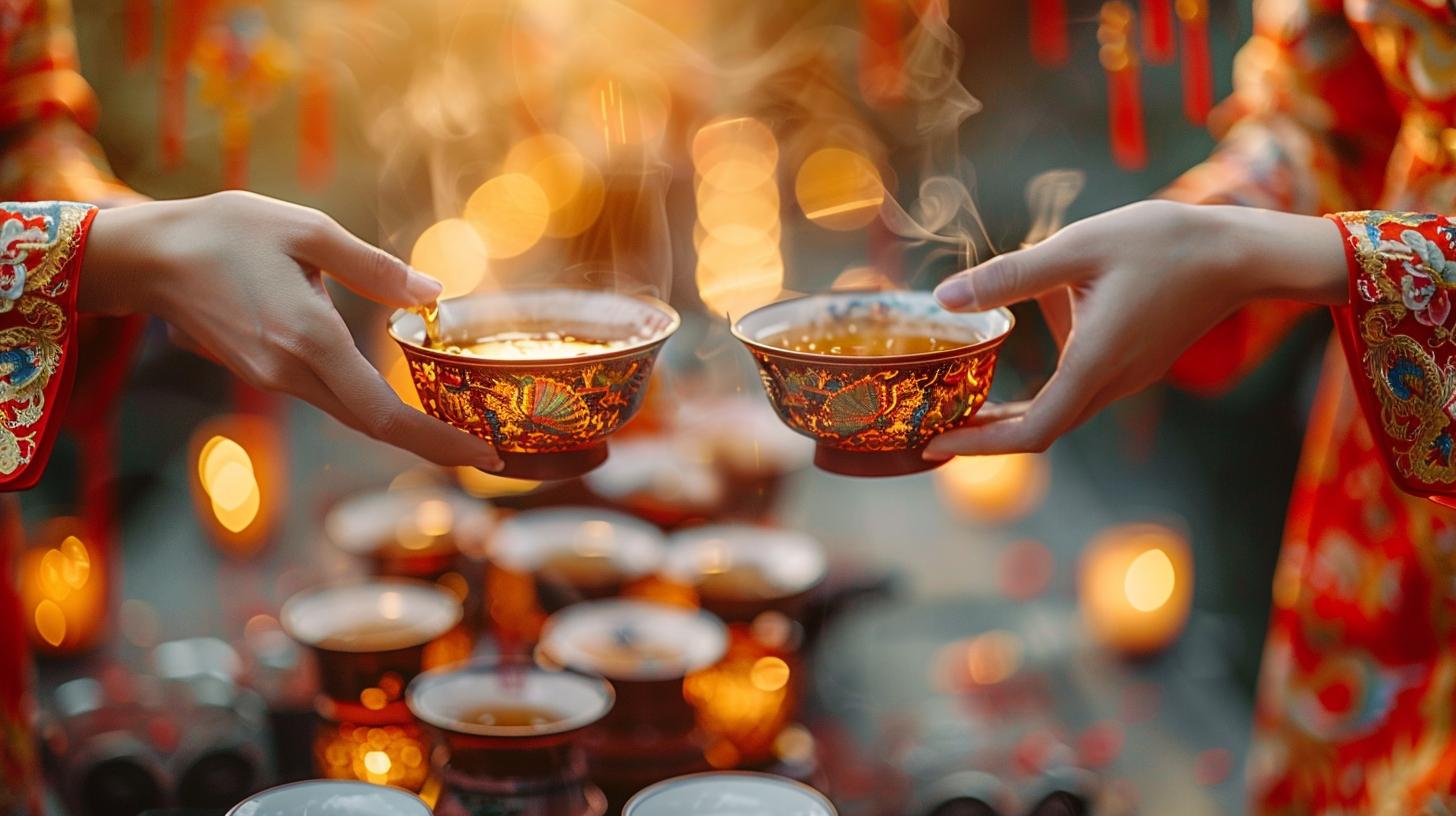
Respect and Gratitude in Chinese Culture
In Chinese culture, respect and gratitude are highly valued virtues that are exemplified in the Tea Ceremony. By serving tea to their parents and family members, the couple demonstrates their respect and gratitude for their elders and ancestors.
Uniting Two Families
The act of serving tea symbolizes the union of two families in Chinese weddings. It signifies the joining of not just the couple, but also their families, creating a bond that is strengthened through mutual respect and acceptance.
Honoring Ancestral Traditions
Honoring ancestral traditions is a central theme in the Chinese Wedding Tea Ceremony. Through this ritual, the couple pays tribute to their ancestors and the values that have been passed down through generations, fostering a sense of connection to their cultural heritage.
.

